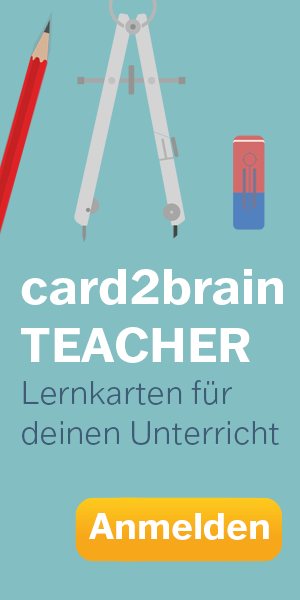IT-Law
Master Information Systems
Master Information Systems
Kartei Details
| Karten | 13 |
|---|---|
| Sprache | English |
| Kategorie | Informatik |
| Stufe | Universität |
| Erstellt / Aktualisiert | 18.11.2014 / 18.11.2014 |
| Weblink |
https://card2brain.ch/cards/itlaw
|
| Einbinden |
<iframe src="https://card2brain.ch/box/itlaw/embed" width="780" height="150" scrolling="no" frameborder="0"></iframe>
|
What are the legal aspects of software?
- opposite of hardware
- result of an individual intellectual effort
- manifested in machine readable code
- created to process data within electronic devices
- necessarily medium-bound, programs are intangible and cannot exist immaterial
- using programs leads to reproductation
What is the problem with copyright laws (and other intellectual property laws)?
They depend on the legal framework of the country where the protection is desired. With conventions and bilateral agreements, countries grant the same protection to works of foreign authors as they grant to works of its own nationals.
In case of a copyright infringement, which law is applicable?
Applicable right shall be the law of the country for which protection is claimed (lex loci protectionis).
For example, In case of the infringment of a Chinese computer program in Austria, the remedies are determined by Austrian law.
Who can own a copyright? What does it grant?
The creator (natural person) of an original work. (Especially poems, theses, plays, literary works, industrial designs, software, movies, dances, ...). It grants a bundle of exclusive rights to it, usually for for a limited time (70 years post mortem auctoris).
What are the general principles of copyright?
Copyright does not cover ideas and information themselves, only the form in which they are expressed (only the original expression of an idea)!
It arises automatically at the moment of creation, there are legal limitations ("free uses", e.g. private copy).
It has liability with and without negligence.
What are the exclusive rights in copyright?
Protect moral interests: paternity & integrity.
Exploit his work by e.g., adaption, distribution, rental, broadcasting, ...
Protect the explitation
grant the right to use/explit to others (Licensing)
What is the dichotomy of economic and moral rights?
In copyright, "moral rights" are an integral part of copyright:
- Monism (Austria, Germany): Authorship = not transferrable ownership, bundle of exclusive rights is a whole, closely linked to the author
- Dualism (France, Italy): Moral rights are not transferrable, economic rights are subject to transfers!
What is a "Joint authorship"?
If two or more natural persons conjointly create a work in a way that the result forms an indivisible whole, they have a joint authorship.
Exploitation or alteration requires consensus of all joint authors, lawsuits can be filed separately.
What is a patent?
Protects inventions and new industrial processes.
Exclusive right granted to a patentee. Provides the right to exclude others from making, using, selling, offering for sale the patented invention (usually for 20 years).
Requires registration!
What are the requirements for patentability?
It has to be an invention with a technical character.
- Novelty
- Inventive step
- Industrial applicability
How about software patents?
They protect the functionality of computer programs.
- Algorithms can be protected (e.g., MP3 compression, encryption methods, ...)
Computer Program Directive (CP-D)
Harmonizes the copyright protection of computer programs within the EU.
Computer programs shall be protected as literary works, also preparatory work is protected! (regardless of its form of expression, e.g., flow diagrams, descriptions of program sequences)
Must be the author's own intellectual creation (no other criteria). Only needs a low level of originality.
Copyright doesn't protect ideas and algorithms (no GUIs)!
Decompilation of software?
Only if:
- needed in order to ensure interoperability
- performed by the licensee
- only parts of the program








